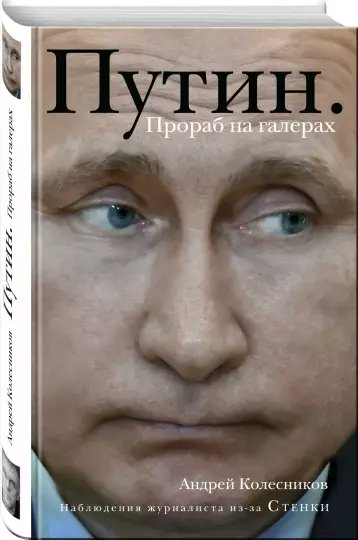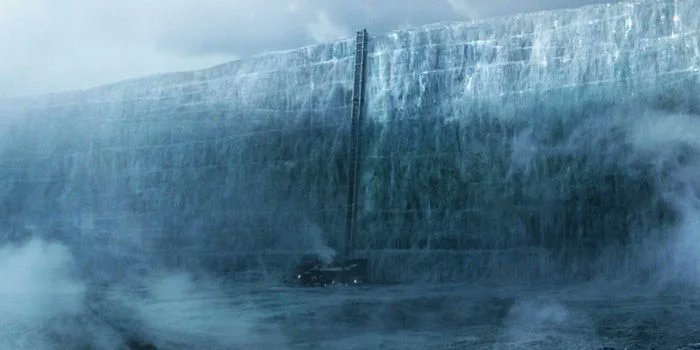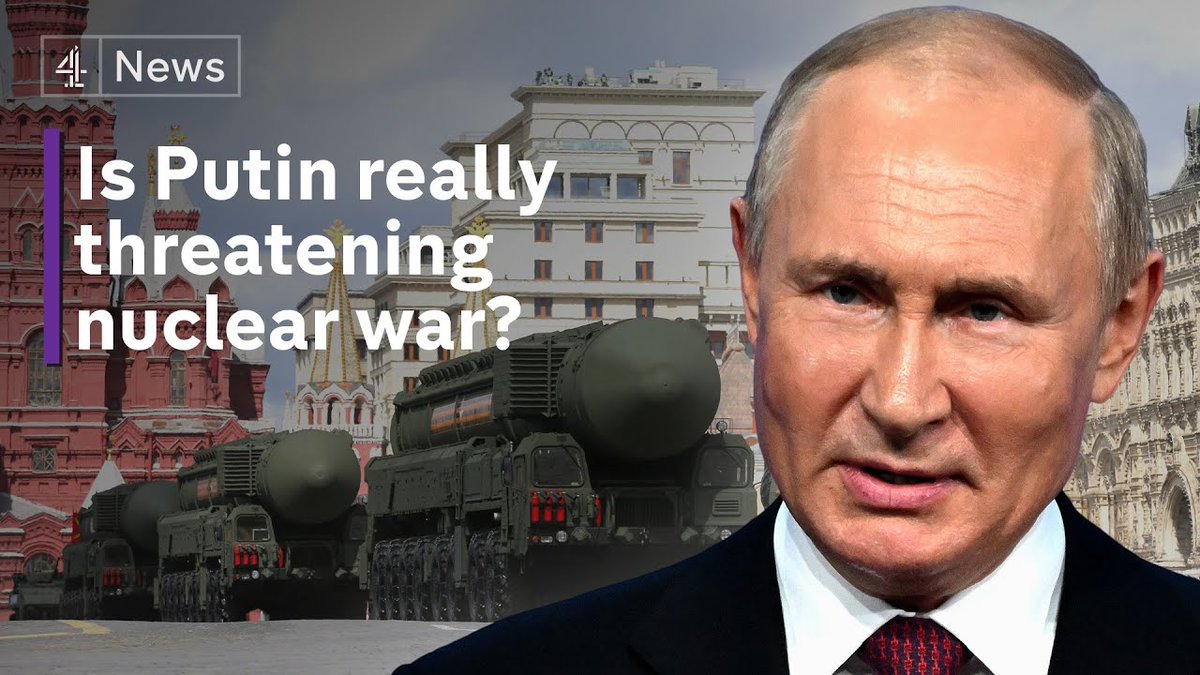The media and the academia are obsessed with the unimportant. Once you interiorise this principle, their obsession with "Putin's philosopher" Dugin becomes almost forgivable
There's no philosopher at the Putin's court
The king doesn't need a philosopher
He needs a jester🧵
There's no philosopher at the Putin's court
The king doesn't need a philosopher
He needs a jester🧵

As I said, obsession with the (supposed) "philosopher behind the Putin's plan" is almost forgivable, considering that the dominant Western discourse in Russia is mostly a projection of Western intellectuals. They project their fears, of course. But also their hopes and dreams 

Being the King's Philosopher, a brain behind the tyrant, has been a wet dream of intellectuals at least since the days of Plato. It almost always ended the same. After all these millennia, intellectuals could have learned a basic truth:
The King is in no need of a "philosopher"
The King is in no need of a "philosopher"

A Western intellectual may know he will never ever be a grey cardinal. But the idea that somewhere in the world, in the far-off, snow-covered Hyperborea there lives a sage guiding a mighty king is too beautiful to be just made up
Dugin is the proof that verbalism matters
Dugin is the proof that verbalism matters

The King's Philosopher is a made up figure. Countless generations of intellectuals tried to play this role only to find out that the king is in no need of a philosopher
What the King needs is a jester. And this is why every royal court worthy of this name had one
What the King needs is a jester. And this is why every royal court worthy of this name had one

Trying to guess what is on Putin's mind based on the (non-existent) philosopher figure is absolutely futile. Unless you have a very solid evidence of the contrary, assume the king doesn't employ any
And yet, based on what we know about kings he very likely employs a jester
And yet, based on what we know about kings he very likely employs a jester

If the modern courts do not have a salaried position of a jester, that doesn't mean they don't employ any. It's just that modern jesters go under a different name
In this case, the favourite royal jester is usually referred to as a journalist
In this case, the favourite royal jester is usually referred to as a journalist

Andrey Kolesnikov is the longest serving journalist of the Kremlin pool: an accredited group of journalists allowed to visit events with the First One. No journalist ever accompanied him in so many trips and spent so much time with the First One as Kolesnikov did 

While Kolesnikov rejects the title of "Putin's favourite journalist" as too immodest, he is widely known as such. He doesn't actually deny the special relations with the First One:
"It is a great happiness for a journalist. One should pray to keep such a relationship"
"It is a great happiness for a journalist. One should pray to keep such a relationship"

An editor of the Kommersant, a major business-oriented media (where Kolesnikov worked) described his role in the following way:
"Andrey alone counts for 20% of our value. Tomorrow he leaves and Kommersant loses 20% of its price"
"Andrey alone counts for 20% of our value. Tomorrow he leaves and Kommersant loses 20% of its price"

For more than two decades of his work with Putin, Kolesnikov published countless articles, interviews and a few books about the First one
You know what is interesting about Kolesnikov's writings? The tone. A very dry, sarcastic description of everyone, including the Big Boss
You know what is interesting about Kolesnikov's writings? The tone. A very dry, sarcastic description of everyone, including the Big Boss

The sarcasm is subtle, so it may be lost in translation. But it is absolutely obvious in the original. It was so obvious that the Russian encyclopedia of internet folklore had a special page with Kolesnikov's quotes on Putin, etc.
Most plausible explanation: Putin enjoys it
Most plausible explanation: Putin enjoys it

Example:
A comment on the Putin's address to the military/paramilitary who were suppressing the Wagner mutiny
kommersant.ru/doc/6069423
A comment on the Putin's address to the military/paramilitary who were suppressing the Wagner mutiny
kommersant.ru/doc/6069423
A comment on the Putin's address to the nation
Sarcasm is more obvious here, though also largely expressed through the choice of lexicon and grammatical structures. Therefore, hardly translatable
kommersant.ru/doc/6068852
Sarcasm is more obvious here, though also largely expressed through the choice of lexicon and grammatical structures. Therefore, hardly translatable
kommersant.ru/doc/6068852
Kolesnikov's role is the common knowledge in the Russophone space. When I mentioned "Putin's favourite jester" (without specifying the name), the Russophone commenters immediately identified it
(See an MA thesis on his peculiar role)
Common knowledgeelibrary.asu.ru/xmlui/bitstrea…
(See an MA thesis on his peculiar role)
Common knowledgeelibrary.asu.ru/xmlui/bitstrea…
Now what does this story tell us about the reality we live in?
First. The common and obvious knowledge does not transcend through the linguistic barriers
What constitutes the obvious for the speakers of Russian or Mandarin rarely ever diffuses into the Anglophone space
The wall is largely impenetrable
What constitutes the obvious for the speakers of Russian or Mandarin rarely ever diffuses into the Anglophone space
The wall is largely impenetrable

Second. Putin is most probably sane. I don't say he is good, or that he is "rational". I just say that as long as he keeps a jester and tolerates his teasing he most probably has not gone mad yet
And vice versa, removing a jester would be a good marker of him getting insane
And vice versa, removing a jester would be a good marker of him getting insane

Third. The jester was selected based on the ruler liking his jokes. Therefore, the character of the jokes reflects the character of a ruler
Based on Kolesnikov's jokes, Putin seems to be the most naturally pessimistic person to have ruled Russia in its verifiable history
Based on Kolesnikov's jokes, Putin seems to be the most naturally pessimistic person to have ruled Russia in its verifiable history
The end
• • •
Missing some Tweet in this thread? You can try to
force a refresh





